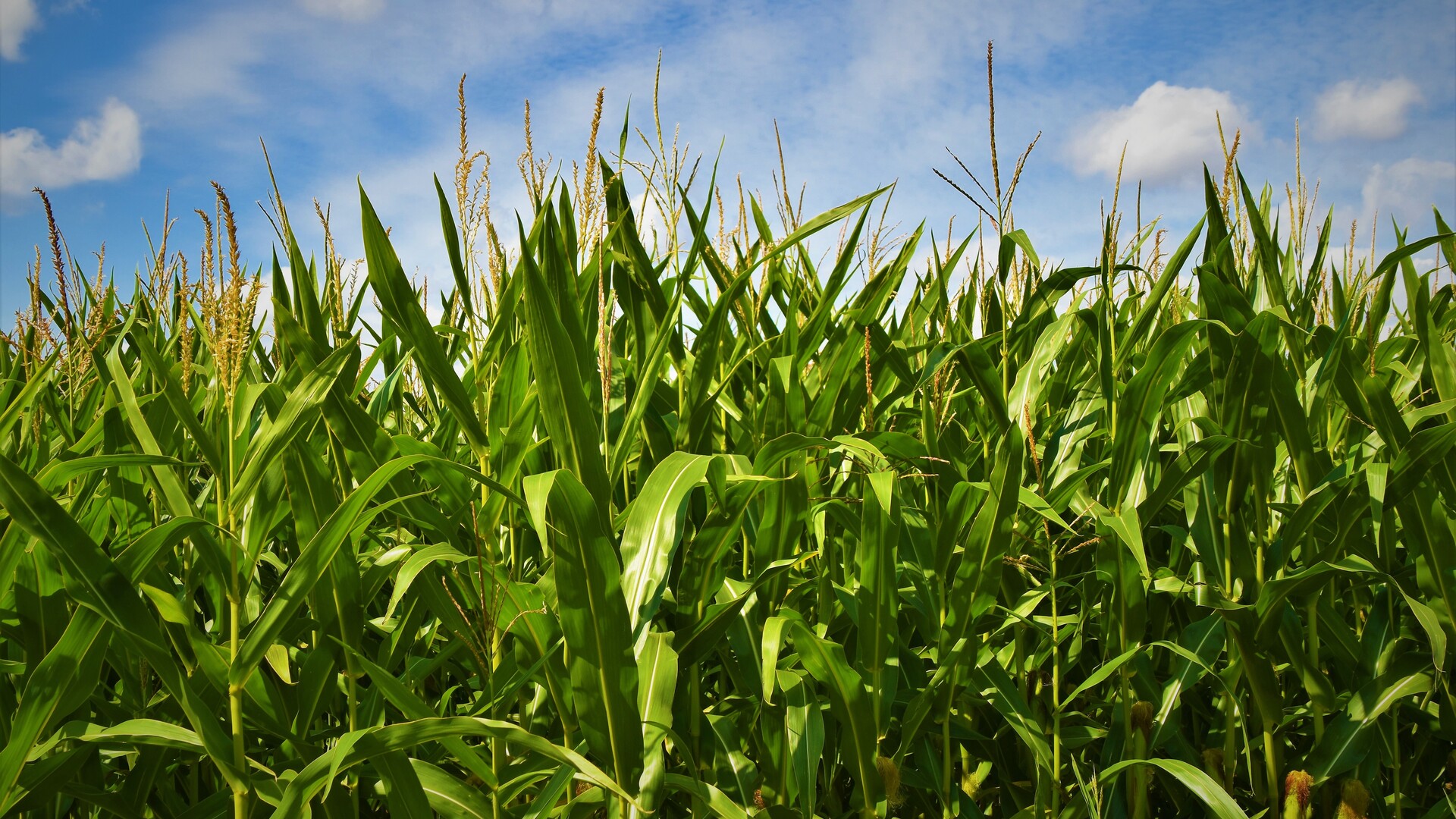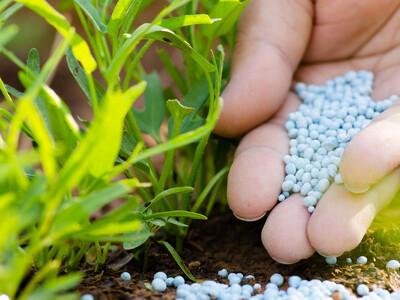Nitrogen and Plant Health
Drought or no drought, experts say farmers need to keep an eye on nitrogen levels in their soil. Both too little and too much water can impact soil chemistry and affect many nutrients’ ability to be available to crops. CHS Agronomy Product Manager Ryan Hageman says nitrogen plays a critical role in plant health.“For example, nitrogen is a significant component of the amino acids and the proteins and enzymes that help roots absorb nutrients and water. It also makes up a large part of the chlorophyll found in plants, which is used to make sugars that feed the plant. Nitrogen impacts a plants growth regulation as well as the development of proteins present in a crops’ grains, fruits, and seeds. Too little nitrogen and crops may not thrive, and too much nitrogen can harm the plants and the environment. Because certain conditions are necessary to facilitate a root’s ability to uptake nutrients that are present in the soil, crops can experience nutrient deficiencies when growing conditions are poor. Very acidic, or alkaline, conditions, extreme temperatures, drought, and heavy rains can all influence the nutrient availability in the soil, and its subsequent absorption by the crops.”
“After a year of drought conditions, the soil will tend to retain more nitrogen due to less nitrogen uptake by the crop and reduced amount of nitrogen loss through leaching or denitrification. Some of this residual nitrogen will be available for the next crop…”

















